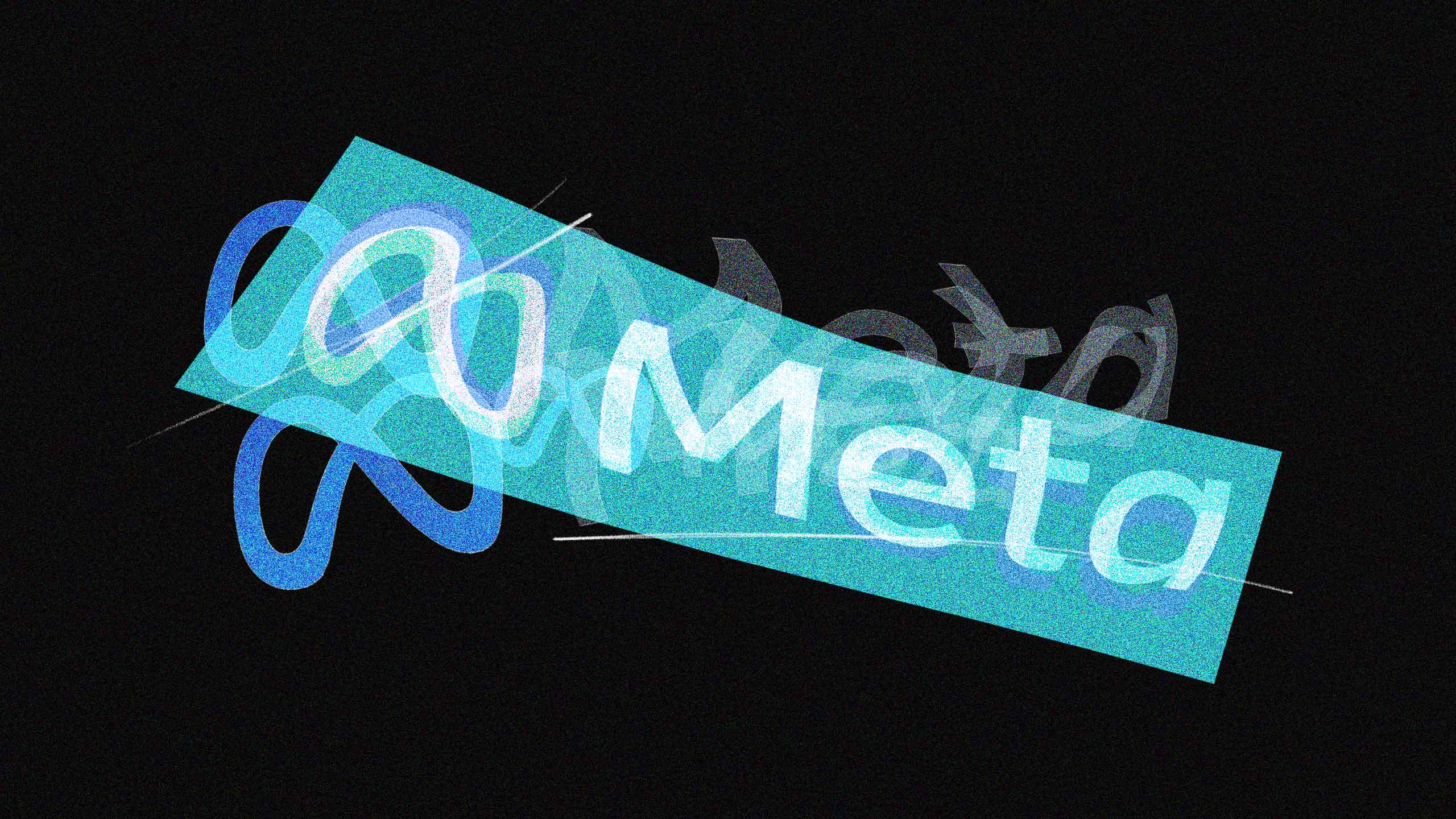Facebook and its parent company, Meta, are likely earning millions of dollars in advertising revenue from right-wing political commentator Matt Walsh’s recently released transphobic documentary, according to new research from the Human Rights Campaign (HRC). What’s more, an overwhelming majority of Walsh’s ads directly violate the company’s content guidelines.
According to HRC researchers, Meta netted between $4 and $5 million dollars in ad revenue from advertisements placed on Walsh’s Facebook page for his 2022 documentary, What Is a Woman?, which seeks to discredit the movement for trans equality. Walsh, who has referred to gender-affirming surgery as “mutilation,” made headlines in February for attempting to trick trans advocates into participating in the film under false pretenses.
The 342 ads surveyed by HRC also include videos broadcast by The Daily Wire, a conservative news website co-founded by Ben Shapiro, which produced and released the documentary.
When researchers combed through the content of the ads, they found that many actively violated Meta’s community standards. The ads contradicted the platform’s hate speech policy by including content that demeaned and dehumanized trans people and relied on damaging stereotypes like the trans predator myth, according to HRC. Several of the ads reportedly use images of trans youth without their permission, directly violating Meta’s terms of service.
While Meta’s ad policies explicitly prohibit encouraging discrimination and misinformation, Walsh’s ads contain both—including 29 that actively promote misinformation about gender-affirming medical care.
“Like many other marginalized groups, social media platforms like Facebook and Twitter are vital outlets for the LGBTQ2S+ community,” Laurel Powell, deputy director of communications for the HRC’s Foundation programs, tells Xtra via email. “As publicly traded corporations, it’s good business for these companies to ensure the people on their platforms don’t face threats, harassment or stigma paid for by extremists.”
HRC is concerned the ads will lead to real-world threats and violence against trans people, also a direct violation of the platform’s safety policy. In Walsh’s case, this is not without precedent: earlier this year, he helped spearhead harassment campaigns against hospitals that provide gender-affirming care to trans youth, which led to multiple instances of bomb threats and death threats.
While Meta has removed several of the ads for violating the platform’s advertising policies, some were ultimately restored, and the vast majority went uncontested.
Prior reporting has found that nearly all social media networks struggle with enforcing their own moderation guidelines on LGBTQ2S+ content, leading the media watchdog GLAAD to declare platforms like Facebook, Twitter, Instagram and TikTok “not safe” for queer and trans people. In a July report, GLAAD gave every single one of these sites a failing grade over poor protections for LGBTQ2S+ users.
According to Powell, one of the issues with companies like Meta, which operates both Facebook and Instagram, is that its moderation policies are “opaque” and “inconsistent,” making them difficult to enforce in practice. That means their guidelines can be easily “exploited by far-right extremists.”
“As a whole, social media companies lack real mechanisms for accountability, leading to a lack of trust on the part of marginalized groups,” she says.
This isn’t the first time that Meta has been called out for profiting off anti-LGBTQ2S+ hate. Earlier this month, a Media Matters for America (MMFA) report revealed the company is continuing to allow ads that refer to LGBTQ2S+ people as “groomers” or accusing them of preying on children. MMFA identified over 150 such ads on Meta’s platforms.
HRC says it’s urgent that Meta finally address this ongoing issue, noting the “real-life consequences to this kind of disinformation campaign.”
“No system is perfect, and that’s certainly true for social media companies,” Powell says. “But when we’re talking about millions upon millions of dollars being spent—and who knows where that money comes from—to promote a propaganda film filled with outright lies and mistruths about transgender people, which seems to have no goal but to further stigmatize transgender people, there must be a some mechanism by which Meta and the Facebook platform won’t let themselves be used to cause harm.”


 Why you can trust Xtra
Why you can trust Xtra


